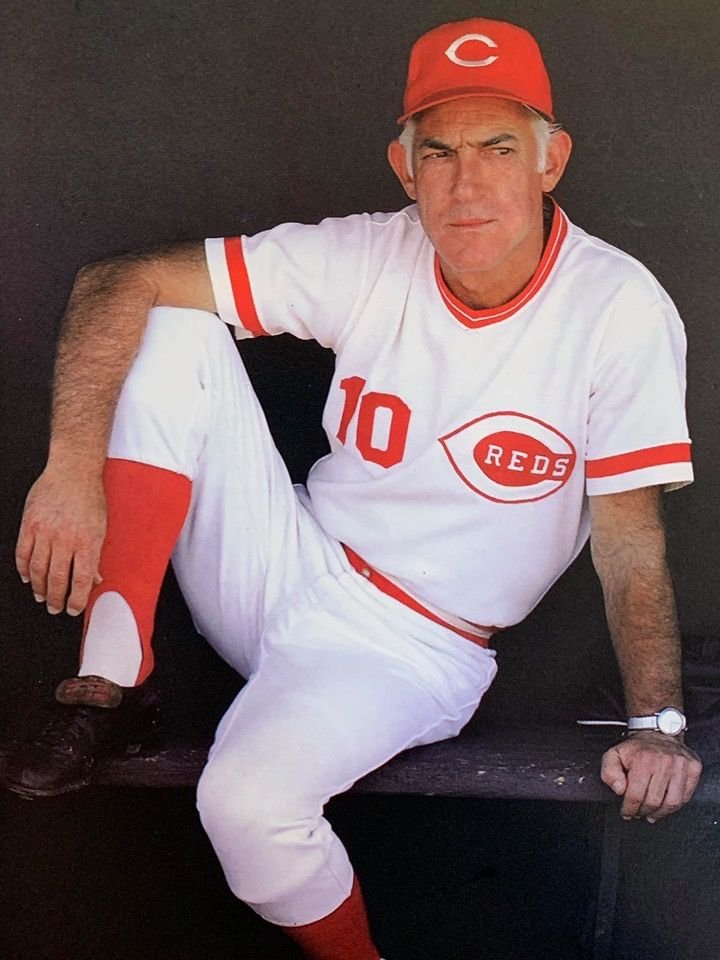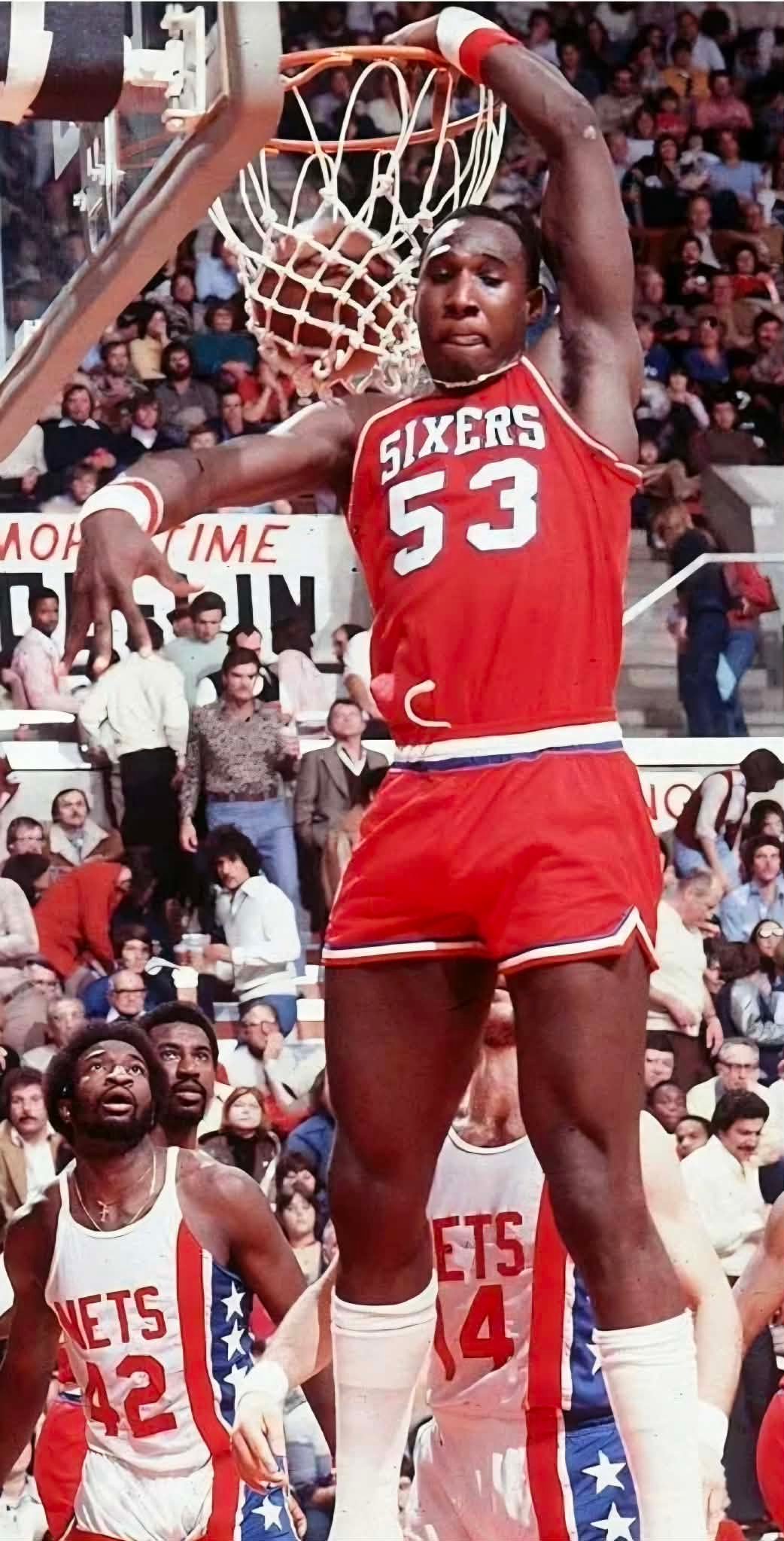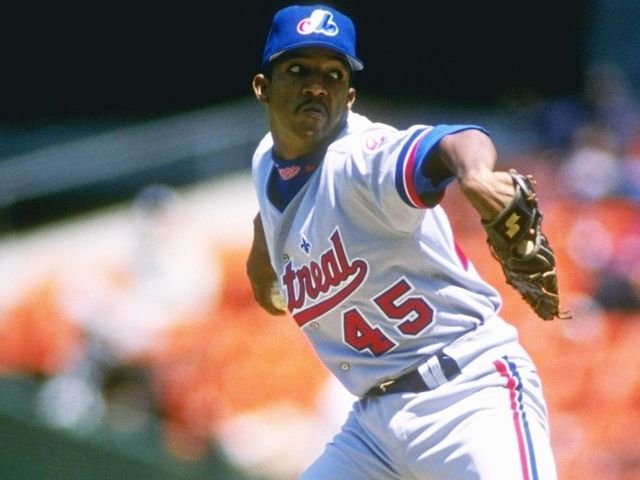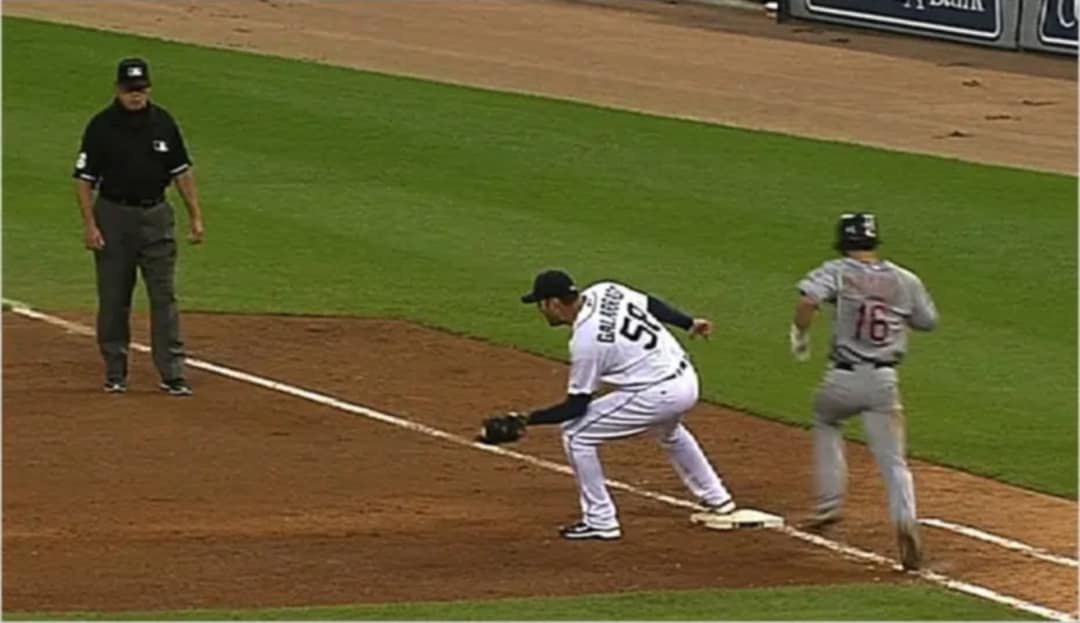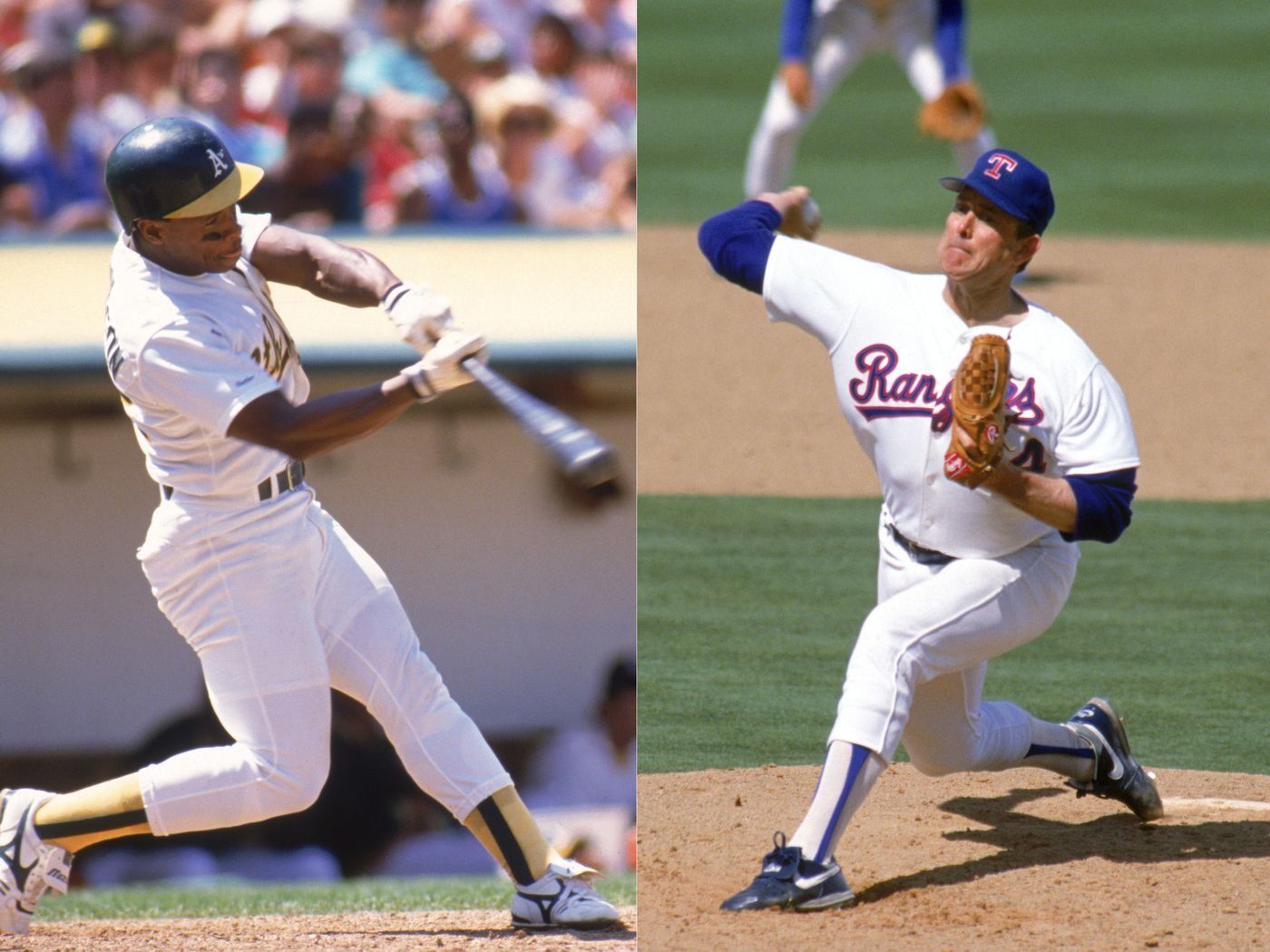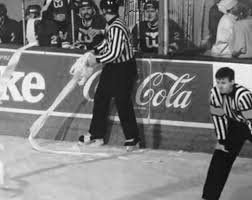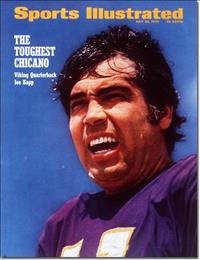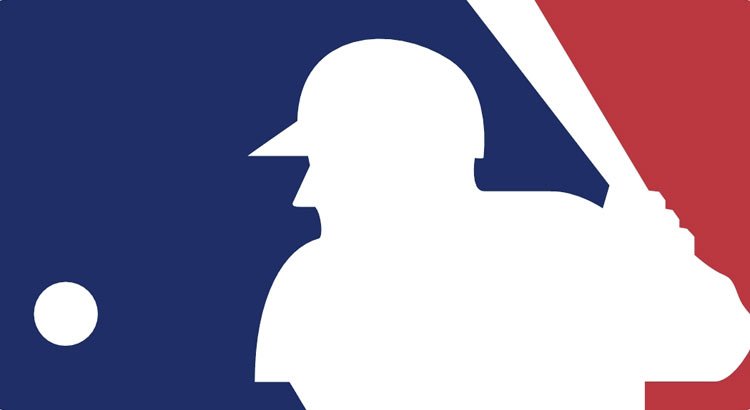Out of the first six games of the 1975 World Series, the Red Sox scored the first run in five of them. In each of those games, they held a lead at one or more points in the contest. This seventh game of the series was no different. It took them a few innings to make it happen though.
If Sparky Anderson was to be believed when it came to the talent level of his starting pitcher, Don Gullett underperformed in his final start of 1975. In the early going though, both Gullett and Bill Lee looked alright. In fact, Lee retired the Reds in order in the first inning on twelve pitches. For Gullett, the first man he faced was Bernie Carbo and Carbo doubled. But then, he got Doyle, Yastrzemski and Fisk to end the first.
In the top of the second, Lee got Tony Perez to ground out to Rico Petrocelli. But then, George Foster went first ball hunting, and he cranked one off the Green Monster. Yastrzemski played it perfectly and was able to gun Foster down when the Reds’ hitter tried to stretch that into a double. After Dave Concepcion grounded out to Rick Burleson, Lee had used just six tosses in the inning to get his Red Sox back up to the plate.
The first batter for Boston, in the bottom of the inning, was Fred Lynn. He walked on five pitches. But then, Petrocelli struck out on three straight. Dwight Evans popped up to Pete Rose at third. Burleson hit a 1-0 pitch to Ken Griffey in right. Griffey tracked it down without a problem. Lee surrendered a couple of base hits in the third, but a double play and a fielder’s choice got him out of the inning unscathed.
The third frame was where Gullett faltered. After getting Lee out on strikes, he took Carbo to a full count before walking him. Then Doyle singled, moving Carbo to third. Yastrzemski was the next man up. He wasn’t waiting around for something to happen. On Gullett’s first delivery, Yaz went the other way and singled. Carbo scored and Doyle went to third. On Griffey’s throw to third, Yaz moved up to second.
The Reds then intentionally walked Carlton Fisk. The bases were loaded for Fred Lynn. The count went to two balls and two strikes before Gullett got Lynn to swing and miss on the next pitch. So now the possibility existed for Gullett to get out of this inning only giving up a single run. But then Rico Petrocelli worked the count full. Gullett missed with the next try and he walked in the second Boston run.
The eighth Red Sox batter of the inning came up. Dwight Evans saw four pitches from Gullett. Not one of them was a strike. Evans was on first and every other runner moved up ninety feet. Yastrzemski came home with the third run of the inning. Rick Burleson followed Evans. Gullett got him to swing and miss on a two ball, two strike pitch to finally end the ugliness. But there was now a deep hole for the Reds to climb out of.
Neither team scored a run in the fourth or the fifth innings. Although, the Red Sox did manage to get the bases loaded on new Reds’ right-hander Jack Billingham in the bottom of the fifth. Billingham put the fire out by getting his mound counterpart, Bill Lee, to hit a fly ball to deep centre field. Cesar Geronimo was there to flag it down and keep the deficit to three runs.
Getting out of the fifth unscathed seemed to invigorate the Reds. Pete Rose led off the sixth by lashing a single to right. After Joe Morgan flied out to Evans in right, Johnny Bench came up. Bill Lee wanted a ground ball to get an inning-ending double play. His sinker was working on this day. Lee got Bench to hit the grounder he wanted to Burleson at shortstop. Burleson made the toss to Doyle at second. Doyle expected Rose to come at him hard. His throw to first went into the Red Sox dugout, extending the inning.
The next man up was Tony Perez. Lee missed with his first pitch. His second pitch caught too much of the plate. Perez hit that one over the Monster. It was now a one-run ball game. In the bottom of the sixth, Billingham used thirteen pitches to retire Carbo, Doyle, and Yastrzemski. On to the seventh we would go.
Rick Miller moved into left field replacing Bernie Carbo defensively. Bill Lee was still in the game to face the Reds. On Lee’s first pitch to Dave Concepcion, the Cincinnati shortstop grounded out to Burleson. But then he walked Griffey on four straight pitches. Lee’s night was over. Darrell Johnson brought in Roger Moret to try to get out of the inning.
Moret got Geronimo to pop up to Burleson. The pitcher’s spot was due up next and Sparky Anderson sent Ed Armbrister in to bat for Billingham. On Moret’s first pitch, Griffey stole second. He then lost the Reds’ pinch-hitter by walking him. The base on balls to Armbrister flipped the card to the top of the order. Pete Rose got a base hit to right scoring Griffey to tie the game. After Moret walked Morgan to load the bases, Johnson brought Jim Willoughby in to get out of this mess. He quickly got Bench to pop up to Fisk.
Sparky Anderson brought Clay Carroll out to pitch the bottom of the seventh. Carroll quickly disposed of Fisk, Lynn and Petrocelli. But Willoughby was even more efficient in retiring Perez, Foster and Concepcion in the top of the eighth. In the bottom of the inning, Carroll allowed a leadoff walk to Evans. Burleson came up next and grounded into a 5-4-3 double play. Willoughby was due up next, but Cecil Cooper came in to bat for him. He quickly popped up to Rose at third.
The new Boston pitcher in the ninth was Jim Burton. After six pitches, Ken Griffey was standing at first, the beneficiary of a base on balls. Cesar Geronimo then laid down a successful sacrifice bunt moving Griffey to second. Dan Driessen came to bat for Carroll. He grounded out to Doyle at second, moving Griffey to third. Rose then worked the count full before earning a walk of his own.
Joe Morgan fought off a Burton pitch that was low and away that landed about fifteen feet in front of Fred Lynn in right-centre that scored Griffey with the lead run in the game. The Reds were three outs away from winning their first World Series since 1940.
For the ninth inning, Anderson brought in lefty Will McEnaney. He would face the top third of the Boston order. Rick Miller was scheduled to bat first. Johnson sent Juan Beniquez up in his place. Beniquez hit a 1-1 pitch to Griffey in right for the first out. Bob Montgomery was then sent up for Denny Doyle. On McEnaney’s first pitch, he got the Red Sox backup catcher to ground out to Concepcion at short.
It was all down to Carl Yastrzemski. The count went to two balls and one strike before Yaz hit a fly ball to Geronimo in centre. Geronimo put that one away and the 1975 World Series was done. Cincinnati were the champions. In Cincinnati, people began to head over to Fountain Square as soon as the final out was recorded. The next day, the square would be the location for the civic celebration of the victory in Boston. Roughly 8,000 fans camped out there overnight to get the best spots to witness the celebration.
Meanwhile, at Fenway Park, there were two disparate moods in two distinct clubhouses just a few feet from each other.
In the Red Sox’ room, the mood was quiet, but determined. The team had been given a taste of the World Series and they wanted to get back there as soon as possible, not just to participate, but to win it. Rico Petrocelli, one of the few Boston players over the age of 30, was optimistic about the team’s future. “This club has a chance to be a strong team for quite a few more years.”
Petrocelli continued, “There is no such thing as a dynasty, but look at the A’s. They won three championships in a row and got better with each year as their players got more confident. With a few improvements, and that’s for management to decide, I think we can be up there for several more seasons. We have nothing to be ashamed of. I’m just sorry for the fans who wanted a championship. We’ll definitely be in this for the next few years.”
Carlton Fisk acknowledged defeat but wasn’t conceding that the Red Sox were a lesser team than Cincinnati. “We weren’t beaten badly. It all comes down to one run they scored more than we did. We made a couple more mistakes than they did. We made a few more mistakes than they did. I said before the series the team that makes the fewest mistakes will win. Too bad the winning run had to be scored on a nubber.”
That ‘nubber’ was hit by Joe Morgan in the top of the ninth. Morgan told reporters that he would not have been able to make that hit a couple of years before. “I would like to have hit a line drive to win it, but he (Boston’s Jim Burton) made a good pitch, down and away. Two years ago, I would have struck out on that pitch. But I’ve been working hard with Ted Kluszewski to become a better hitter.”
Morgan talked about his career journey to this point. He called this win “the biggest one I have ever played in. After eleven years, I finally made it. I spent all those years in Houston trying to get out of the basement, then I came here, and we lost the World Series to Oakland (in 1972). But now I finally made it, and the Cincinnati Reds are the greatest team in the world.”
Morgan’s series had been underwhelming, although he did knock in the winning run in the third and seventh games. “Sure, I would have liked to have a better series, but I knew tonight that my job was to get on somehow and with a left-handed pitcher (Lee) and that short left field fence, one of our big right-handed hitters – either Johnny Bench or Tony Perez – could ride one out of here.”
The Most Valuable Player of the series was chosen by Sport Magazine it and ended up being Pete Rose. Rose led every regular on both teams in the seven games with a .370 batting average. He was awarded with a new car. “It’s nice to win the car, but actually, any number of guys on our club deserved to win it. I’m more interested in the diamond ring anyway.”
There were members of the Red Sox who didn’t share the optimism of Petrocelli or the consolation that Fisk possessed. Dwight Evans was sombre as he sat in his stall after it was all over. “We had ‘em and then we didn’t have ‘em. But I can’t take anything away from the Cincinnati Reds. They beat us. They’re the best. They’re a great team.”
Carlton Fisk was still conceding nothing. “Listen, we took them six games and eight-and-two-thirds innings of the last one before they beat us.”
There were some people who analyze things minutely who focused on the Denny Doyle throw into his dugout as the turning point in the game. But while Doyle noted that he screwed up, he would not accept any goat horns for his misplay. “What can anyone say about a play like that? I blew the play. There’s no excuse.”
“And look, I’ve stood there and made the pivot when guys have been coming at me harder than Rose was, believe me.”
Doyle had been obtained in May of 1975 in a trade with the California Angels. Dick Williams was the manager there and he hadn’t used Doyle much, given that he wanted to go with a ‘youth movement’. Since arriving in Boston, he got to play regularly, he held a batting average over .300 and made big contributions in getting the Sox into the World Series. Once there, he was the only player on either team to get a base hit in each of the seven games.
He knew those stats but “All of that means nothing. I realize I did my part during the season and that’s why I’m not hanging my head now. But that doesn’t change anything and I’m still disappointed in the way things turned out. I wish I could have been a more positive factor. I realize people will make more of it because it was the seventh game of the World Series and that’s only natural.”
“But I can’t help but say that I think people have a tendency to analyze every little blade of grass during the series and I’m not saying that’s wrong. Everything a player does is magnified and it should be.” Doyle was adamant that the Red Sox did everything they could to push the Reds to the wall. “Those guys in the red and white were wondering if they’d escape with their heads a few times.”
“And that was good for us. We have a few young players, like Dwight Evans and Rick Burleson, who really didn’t know they were super ballplayers until this series. Now they know. We’ll be back next year and I’ll be back too. I still have a lot of baseball left in me, no matter what Dick Williams thinks.” Before he spoke to the media people, Doyle spent a significant amount of time at his stall just contemplating everything he had been through over the previous couple of weeks. His error being one of them.
“That’s the type of thing that happens to a ballplayer frequently. I’ve blown double plays before and I promise you, I’ll do it again before I retire. But if that play ever occurs again, in the same circumstances, if we ever get this far and it comes to another double play, I can assure you, I’ll play the play blindfolded.”
Will McEnaney had nailed down the save for the Reds’ first World Series win in 35 years. The 23-year-old reliever leaned against his locker almost catatonically as he was still trying to grasp the whole thing. He had been crying after the game dealing with the magnitude of the moment, especially after having champagne and beer poured all over his head after the game.
He talked about the experience as almost being out of his own body. “I was on a Rocky Mountain high. I was way out somewhere. I wasn’t even on the ballclub.”
When the game, and the series, were all over and most of the fans had left the stadium, someone noticed that a man was waiting outside the Red Sox clubhouse. They noticed the man was Luis Tiant, Sr. Señor Tiant had been separated from his son for the previous fifteen years. That patron asked the senior Luis how he felt about the outcome of the series. Of course, his son had beaten the Reds twice and the Sox had won all three of the games the younger Tiant had started.
“Someone has to win and someone has to lose.”
When somebody mentioned to him that his son had pitched very well, Señor Tiant replied, “Thank you. I appreciate that.”
* *
It’s not exactly known whether or not many of the Reds’ players had got much sleep on the night of their winning the World Series. There were a whole bunch of their fans who certainly didn’t. On the front page of the Cincinnati Post the day after their victory was a piece detailing how Pete Rose did not sleep at all either. He didn’t want to miss a second of everything that was happening.
The team flew back from Boston to Cincinnati after the game and Rose and his wife, Karolyn, got back to their Western Hills home at around 5 am. Neighbours were all around their entrance holding signs that read ‘Charlie Hustle’, ‘The Way to Go’ and ‘Super Neighbor’. The folks who lived around the Roses loved the Reds and their victory as much as the players on the team did! And to say that Reds’ Fever had attached itself to the people of Cincinnati would be a gross understatement.
The team plane left Boston and arrived home at 4:15 am. After going home, Pete Rose’s children Fawn and Pete, Jr. went to school. But Pete, Sr. went and picked the kids up at 10 and his family went to the restaurant he owned with his business partner Don Trautman. Then it was off to Riverfront Stadium which happened to be the starting point for the victory parade. That would wend its way over to Fountain Square, where fans had been gathering since the final out was recorded the night before.
All over, the streets were overflowing with joy, both real and perhaps also liquid. Along the parade route, people were lining up. Cincinnati Fire Division Rescue Unit 52 was stationed along the route. At another place, an ambulance displayed a sign that read “Big Red Machine”. A couple of people dressed as clowns were in a buggy pulled along by a donkey. The donkey had a sign that identified him as “Festus, The Beast”. There was a sign on the back of the buggy that read “Don’t be an ass. Follow the Reds.”
There were a lot of children there that day. It was a Thursday, and therefore, it was a school day. The Cincinnati Post felt it necessary to mention that many kids were cutting their classes. That fact seemed to be important. One boy, Chuck Sands, who was 13, told the Post, “I sorta persuaded my Mom to let me for one teensy weeney day.”
A couple of high school students, Lucy Conrad and Janet Iacullo wanted to be there the night before, immediately after the seventh game, but their parents wouldn’t let them. They managed to get there the morning after. “We came downtown today to show our gratitude,” said Iacullo. “I just came down to see all of the people,” added Conrad.
All of the people. There were a lot of people. The team left Riverfront Stadium at 12:08 pm. Fountain Square probably holds between 3,500 and 4,000 people. By the time the team began their winding journey there, the square probably held 20,000, according to police. There were a few arrests but the closer it got to noon, the more everyone began behaving in a holiday mood.
Bowie Kuhn, the commissioner of baseball, had flown to Cincinnati with the Reds on their plane. Among many subjects, he talked about a lot, many of which had to do with the night before. He praised “the consistency of the Reds’ defense” for making them the champions they were. He also acknowledged that the Red Sox were also praiseworthy.
He talked about the greatness of the series, the back-and-forth of the whole thing. “As tired as I was last night, I was hoping it would never end,” Kuhn said. “I just couldn’t face up to the fact that one team could lose it. The hard thing was going to the (Red Sox’) dressing room to tell Darrell (Johnson) and the guys how well the played.”
It felt like everybody in Cincinnati was there for the parade. No one slept that night, but a lot of the guys had comments for the press if they wanted them. Don Gullett felt he had been a little “too rested last night.” The seventh game of the series took place on Wednesday, October 22. Gullett had last pitched in the fifth game on the previous Thursday. He felt that with too much rest, he “tends to be too strong and tends to over muscle the ball.”
Gullett said he was not really happy with Sparky Anderson’s decision to pull him for a pinch hitter in the fifth inning, “but Sparky has his ideas, and he’s done a very fine job with our pitcherazzi.” Gullett, like many of his teammates, was still running on fumes, unshaven, and basking in the warmth of being a champion.
Joe Morgan was still on the high of knocking in the World Series winning run the night before and he dressed to show it! In the parade, the morning after, Morgan wore a print shirt, a pink suit and a gold medallion on a chain. He denied feeling any stress when at the plate with men on the corners in the top of the ninth in Game Seven. “I felt like I was going to get a hit,” he told the press.
Reds’ coach Alex Grammas summed up the way everyone on the team felt when they faced a three-run deficit after just three innings. He said his group was undeterred and maintained their full confidence despite trailing early. Grammas told those around him, “No three runs will ever beat us.”
Less than a month after the Reds won the World Series, Major League Baseball began handing out their annual awards. When it came to the National League’s Most Valuable Player, Joe Morgan received every first-place vote but two. Those other votes went to his teammate, Pete Rose. Morgan, Johnny Bench and Rose all finished in the top five in the eyes of the voters.
Morgan was doubtless thrilled to have been named the player most valuable to his team. But he seemed happiest to realize that the people who chose the winner of the award were not just concerned with offensive numbers. “To me, there is more to baseball than hitting and running. But winning the award this year over guys who hit more homers or drove in more runs…that proved the man who can play well in every phase of the game still is appreciated. I’m happiest about that.”
As far as the NL Cy Young Award was concerned, Tom Seaver edged out San Diego’s Randy Jones. Don Gullett finished in a tie for fifth place with the Dodgers’ Andy Messersmith and Don Sutton. Al Hrabosky was the only reliever to get votes and he finished third in the voting. Gullett was the only Reds’ pitcher to receive any nod from the selectors.
While Morgan was gratified to win the MVP award, being a part of the team that emerged as the best in the sport held more cachet with him than any individual accolade. “Don’t get me wrong. I’m really happy about winning the MVP. But it’s not the same as winning the World Series. We worked so hard for it so long and then we had to go down to the last inning of the last game of the Series to win it all. How can you beat that for a thrill?”
Is there anyone who wouldn’t think that every one of Morgan’s teammates would have any disagreements with that? He said that perfectly.
* * *
Howie’s new book MORE Crazy Days & Wild Nights, eleven new stories of outlandish and wild events that occurred in sports over the last fifty years,is available on Amazon. It’s the follow-up to his first book of 2023, Crazy Days & Wild Nights! If you love sports and sports history, you need these books!
You can hear Howie and his co-host Shawn Lavigne talk sports history on The Sports Lunatics Show, a podcast, on the FiredUp Network, thesportslunatics.com and on Apple Podcasts, Spotify, iHeart Radio, TuneIn Radio and Google Podcasts and on 212 different platforms. Check out The Sports Lunatics Show on YouTube too! Please like and subscribe so others can find us more easily after you.
Thanks for your continued support!

